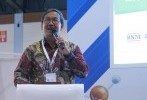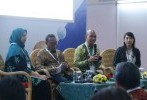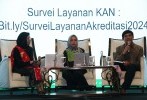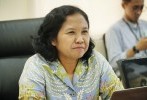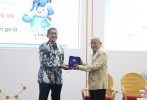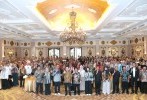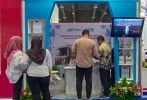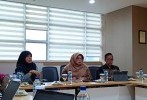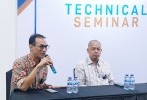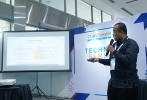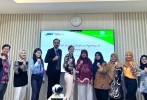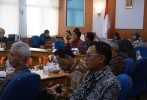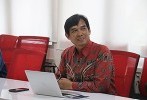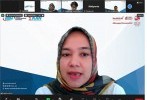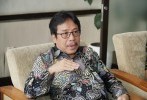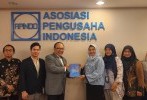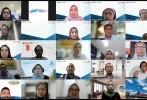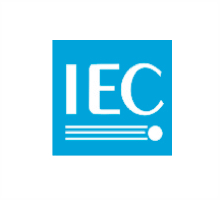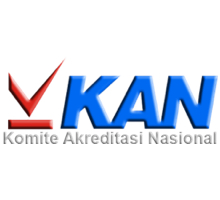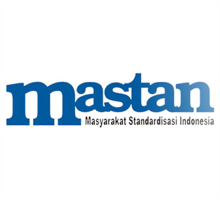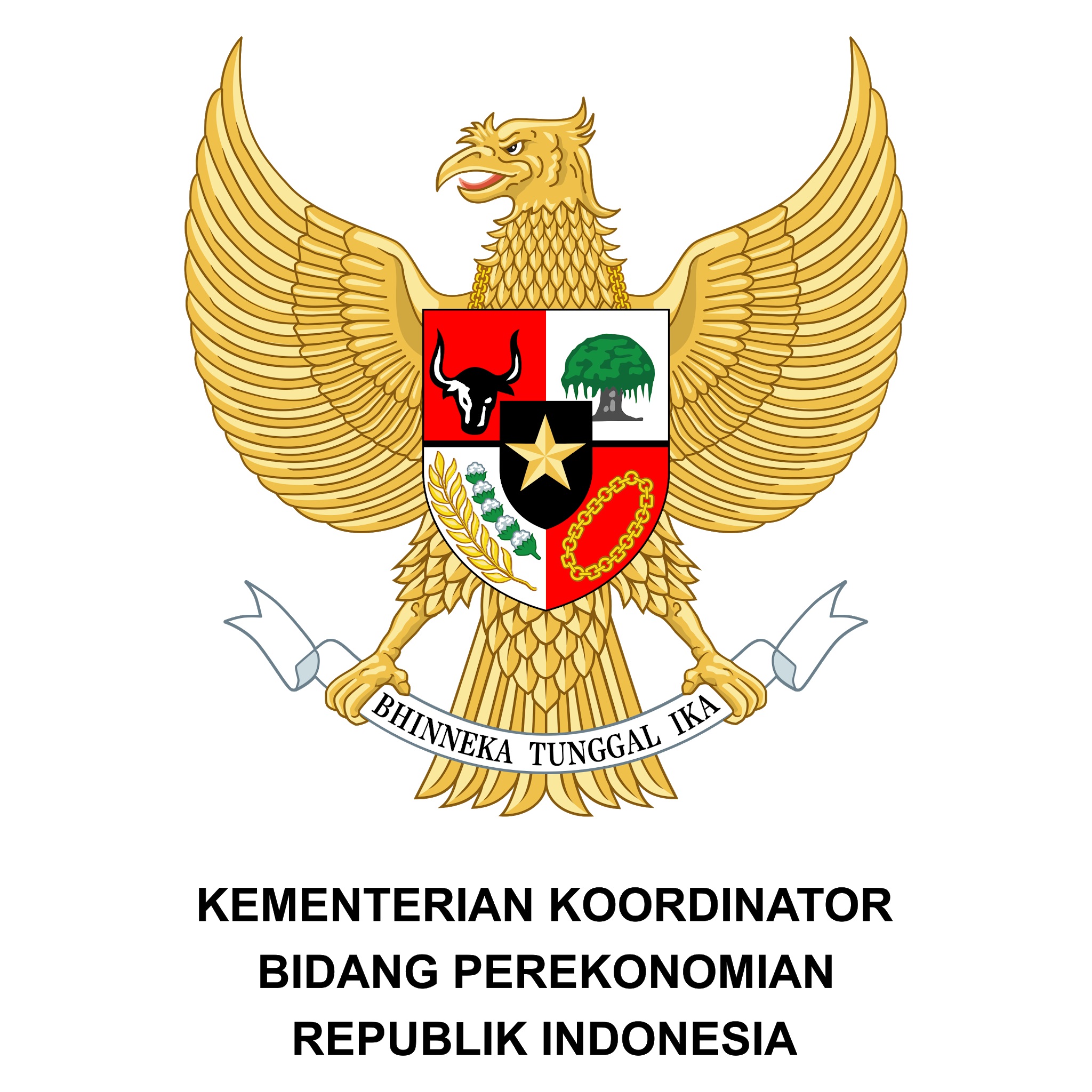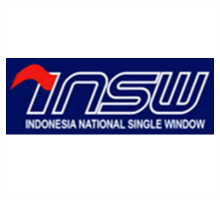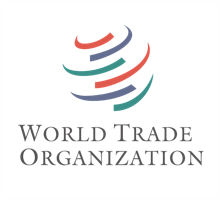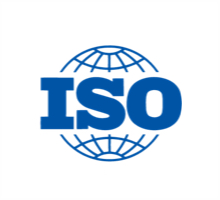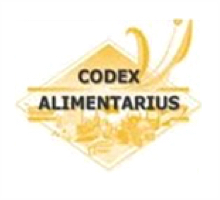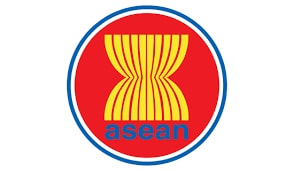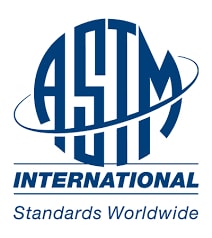- Beranda
- Arsip
- Klipping Berita
- A
- A
ISO promotes role of International Standards in tackling climate change at COP15
- Selasa, 29 Desember 2009
- 1523 kali
ISO International Standards can help fight climate change by providing a basis for ensuring trust, integrity and effective management in the quantification, measurement and verification of greenhouse gas (GHG) mitigation efforts, and practical tools for the development of energy efficiency and alternative energy sources.
These messages were underlined by ISO at COP15, the 15th conference of the parties to the UN Framework Convention on Climate Change (UNFCCC), held on 7-18 December 2009 in Copenhagen, Denmark.
The international climate change experts and ISO officers who promoted ISO's climate change-related work at COP15 ISO representatives participated first in an event on 9 December entitled “Building governance, trust and integrity in emissions markets”, organized by the International Emissions Trading Association (IETA).
It is recognized that success in tackling climate change relies on the ability of industry and other actors to comprehensively contribute to national GHG targets and mitigation objectives. The ISO participants communicated the message that International Standards and benchmarks are a necessary baseline for comparability and the effective trading of emissions, and they ensure that “one tonne of CO2 is indeed one tonne of CO2”.
The ISO Vice-President (Technical management), Jacob Holmblad, opened the ISO event, describing ISO's context and its important work in the climate change area.
Leaders and experts present from ISO technical committee ISO/TC 207, Environmental management, included: Chan Kook Weng, Chair of ISO/TC 207 subcommittee SC 7, Greenhouse gas management and related activities, and Malaysia representative to COP15; Marsha Cheddi, SC 7 Secretary, and SC 7 experts, John Shideler, Jean-Pierre Tabet, and Anne-Marie Warris, Chair of ISO/TC 207/SC 1, Environmental management systems. They presented various aspects of ISO’s work relevant to climate change.
In closing remarks, ISO Deputy Secretary-General Kevin McKinley, stated: “The suite of ISO standards on GHG quantification, measurement, verification and validation provide a foundation to base existing and emerging emission trading schemes and confidence systems.
"In addition, potential new ISO sectoral standards – for steel and concrete manufacturing, and other sectors – may be developed, consistent with the approach and framework of the generic ISO/TC 207 standards, to provide needed guidance and specificity to GHG emission quantification, as well as evolving measurement, reporting and transparency expectations”.
ISO’s work was also noted in official meetings at the climate change conference. In its plenary meeting, COP15 encouraged the UNFCCC secretariat and sponsoring agencies of the Global Terrestrial Observing System to implement the framework for the preparation of guidance materials, standards and reporting guidelines for terrestrial observing systems for climate, as a joint terrestrial framework mechanism between ISO and relevant agencies of the United Nations – such as the Food and Agriculture Organization, the World Meteorological Organization and the United Nations Environmental Programme.
This framework addresses needed normative and guidance information on essential climate variables associated with such aspects as river discharge, snow cover, land usage and biomass. More information on this decision can be found in the UNFCCC COP15 reports.
ISO also held its own information session on 12 December as part of the UNFCCC-organized series of side events. For this session, ISO again assembled its panel of speakers, this time with Bapak Noor, Vice-Chair of ISO/TC 207/SC 1 and Indonesia representative to COP15, replacing Anne-Marie Warris. An additional stakeholder perspective was given by Anne Arquit Niederberger, on behalf of the private charitable organization, the UN Foundation.
The panellists presented ISO’s greenhouse gas quantification and reporting standards – the ISO 14064 series and ISO 14065. In addition, they addressed the challenges of defining usable and consistent methodologies to support previous UNFCCC discussions on the “measurement, reporting and verification” of nationally appropriate mitigation actions.
On this issue, the UN Foundation highlighted the possible benefits of having ISO develop new good practice procedural guidelines on the basic elements of climate management systems that could address such aspects as organizational climate policies linked to national objectives, the setting of climate action goals, implementation of related initiatives and the tracking of progress over time.
Kevin McKinley further highlighted the multitude of ISO initiatives similarly contributing to the fight against climate change, including:
• Development of the new ISO 50001 standard on energy management systems
• Standards on energy efficiency and renewable energy sources
• Work on transport-related standards, including electric vehicles and intelligent transport systems
• Various sustainability-related issues, such as the upcoming ISO 26000 standard providing guidance on social responsibility
• Other standards under development on bioenergy sustainability criteria, sustainable event management and sustainable business districts.
• COP15 concluded with an important “Copenhagen Accord” that sets the stage for further commitments by states and governments. However, the Accord also establishes a framework of expectations where all components of the broader public interest can act now to address the climate change challenge. ISO provides a needed and credible platform to complement the objectives of the UNFCCC and its members. ISO achieves this through its voluntary, multi-stakeholder, consensus-based process, founded on agreement amongst international experts, as well as approval through representative national voting.
Further cooperation with between ISO and the UNFCCC Secretariat is planned for early 2010 to review the results of Copenhagen, and to consider standardization initiatives that can best complement established policy directions on this important global challenge.
Source : http://www.iso.org/iso/pressrelease.htm?refid=Ref1278
Date : 2009-12-22
Pertanyaan Umum
-
1 Kam, 25 Apr 2024 SIARAN PERS: BSN Dukung Implementasi SPBE Melalui Layanan Akreditasi
-
2 -
3 -
4 Sel, 26 Mar 2024 SIARAN PERS: BSN: Standardisasi Berikan Dampak Ekonomi di Indonesia

